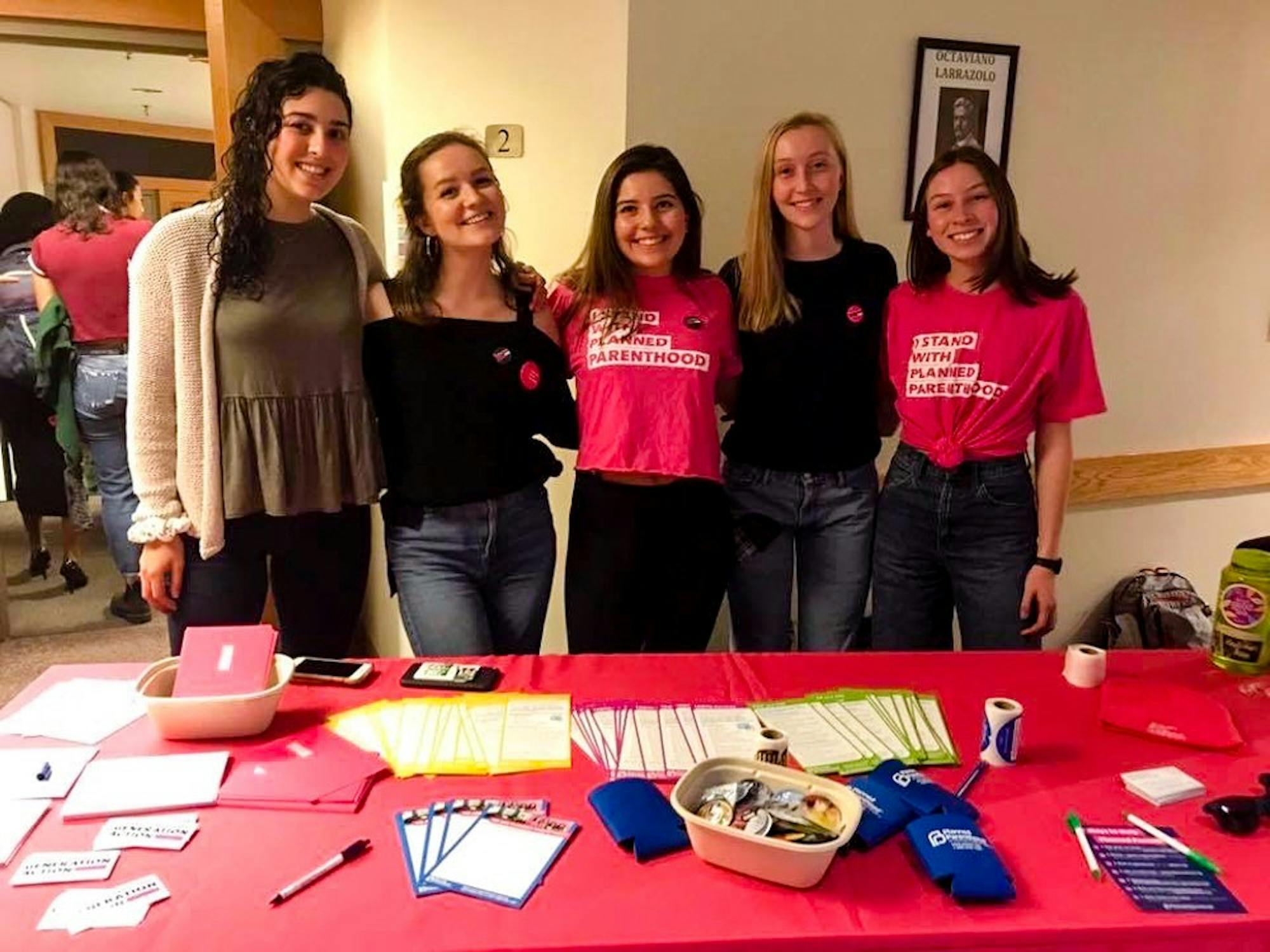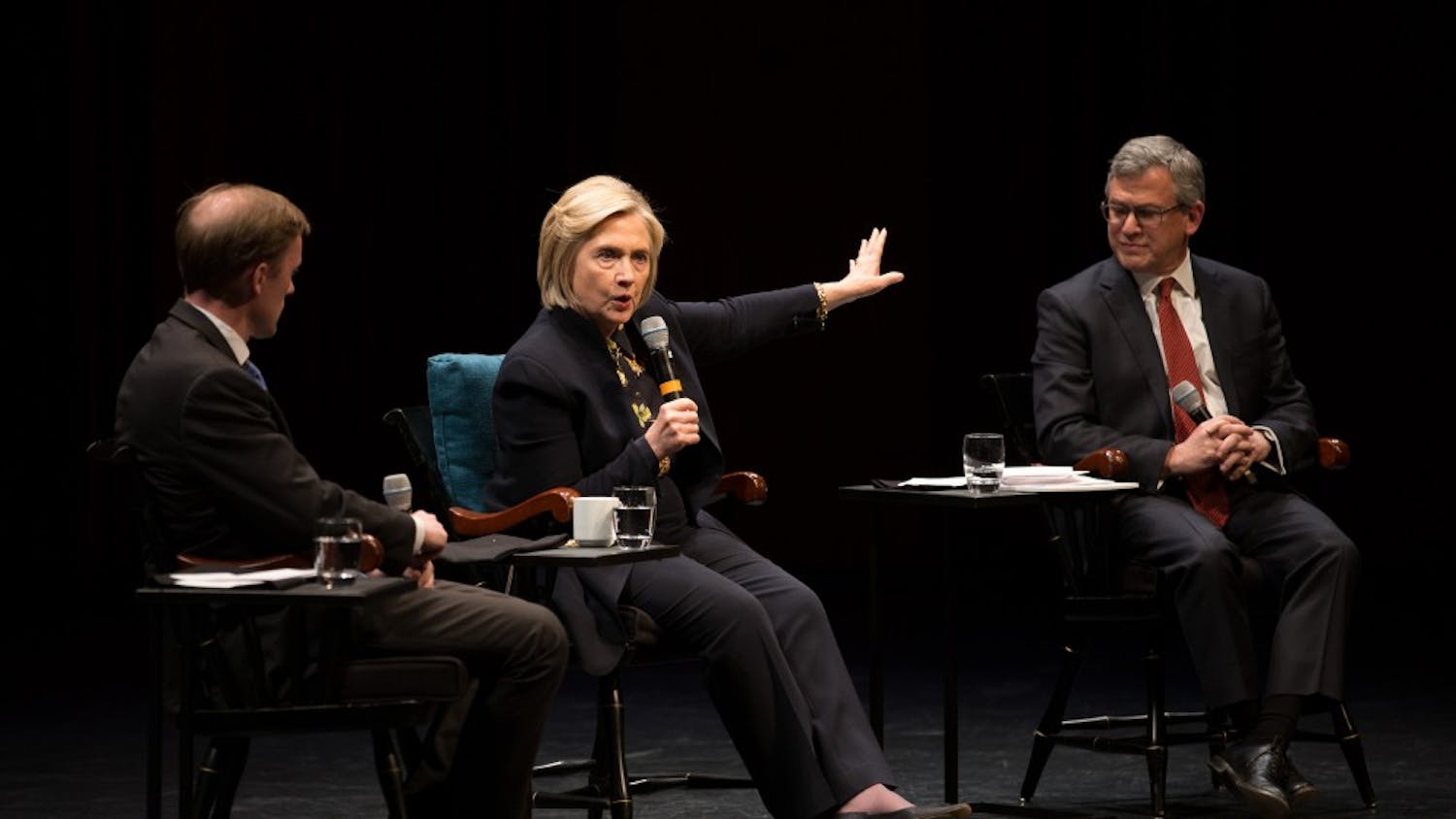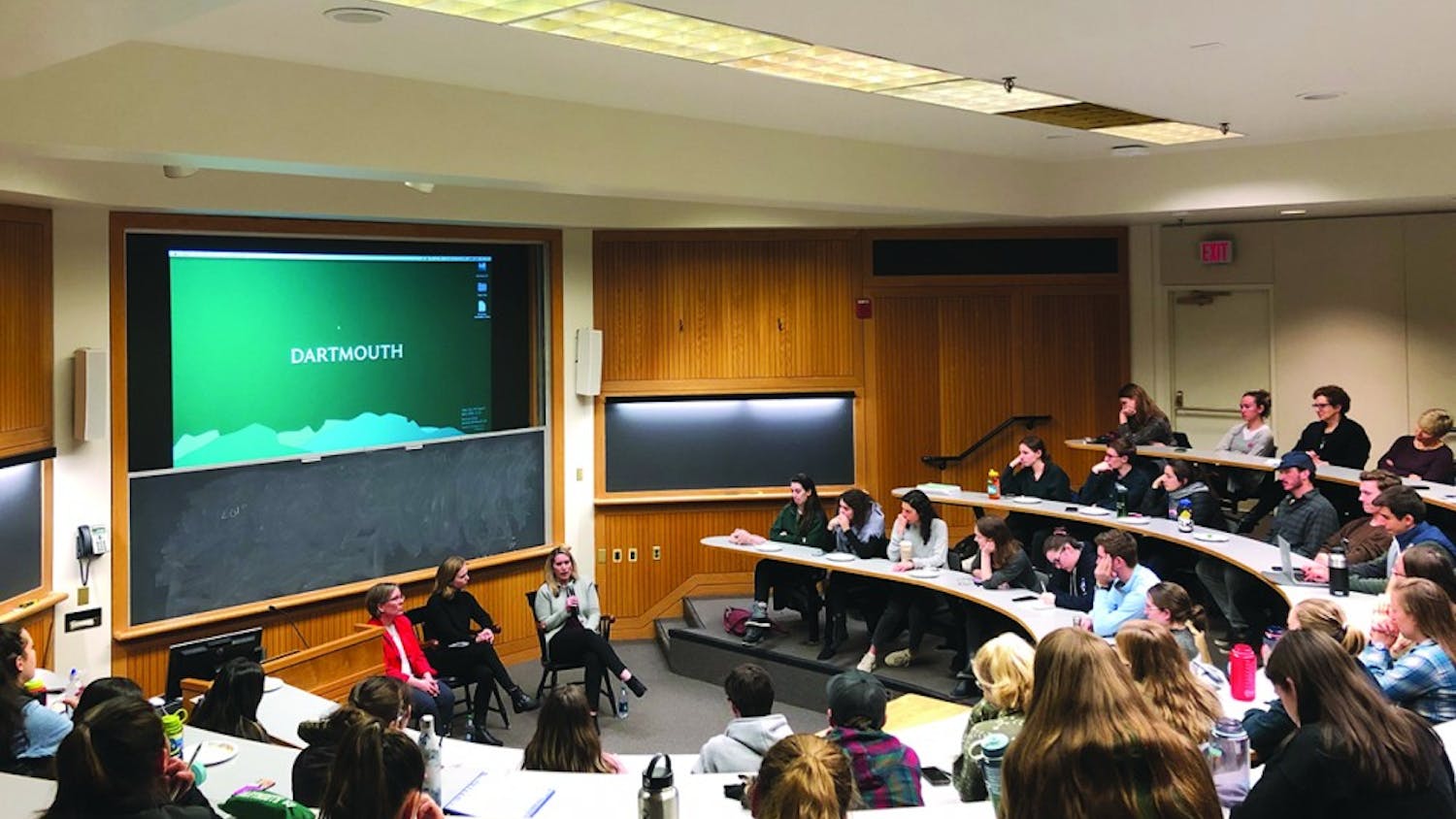There are more than 350 Planned Parenthood Generation Action chapters across the country. The Dartmouth chapter of PPGA was founded in fall 2016. While it is fairly young, PPGA has taken on a wide variety of tasks and initiatives surrounding advocacy and education surrounding a wide range of reproductive rights and issues — though not just abortion, as the media tends to focus on.
The club is spearheaded by an executive board of women looking to exercise their voices in meaningful ways. Sarah Birnbaum ’22 joined PPGA last winter and currently serves as the external affairs president. The issues of reproductive rights and healthcare have always been important to Birnbaum, and she said PPGA presented her with the opportunity to focus her efforts on meaningful change.
“I haven’t necessarily had super personal experiences with Planned Parenthood, but I just really believe if you have those organs, then you should get to choose what to do with them, and it led me to this club,” Birnbaum said.
PPGA has organized a number of public events in the past. A particularly notable panel discussion took place in April 2019 and focused on the effects of the 2016 election on reproductive healthcare. For many individuals, the 2016 election served as a catalyst for involvement in the fight for reproductive freedom. One of these individuals was Phoebe Cunningham ’20, who currently serves on the PPGA executive board as treasurer.
“After the election, I was really looking for a way to be impactful in the community and support women’s rights and reproductive healthcare on a broader scale,” Cunningham said.
The agenda of the club often varies with the political climate. Caroline Casey ’21, co-president of PPGA last year, discussed the importance of being aware of threats to reproductive healthcare, especially under the current administration.
“When I took over last fall, it was right before the midterm elections, so we were really focused on canvassing and phone banking,” Casey said. “We hosted Annie Kuster (D), our state representative and Molly Kelly (D), a gubernatorial candidate, which was a really cool experience.”
During the fall term of 2019, PPGA hosted another panel discussion that focused on menstrual poverty. One in five teens has struggled to afford menstrual products in the United States, and this issue is even more pressing around the world.
Cunningham noted her excitement over the recent passing of a New Hampshire bill that mandated free menstrual supplies in all public schools.
PPGA created a reproductive source sheet this past fall that was approved by the Student Wellness Center for dissemination. The flyer contains information about where to find contraceptives, about abortion and testing for sexually transmitted diseases as well as various other resources pertaining to sexual and reproductive health.
Birnbaum said that the execs were inspired to create the flyer after hearing from friends and students around campus that while there are a lot of resources on campus that exist for different services, the information is not compiled in one place so that people can make the most informed decisions.
“Having all of these great resources in one place makes them as accessible as possible and that’s been one of our goals, so seeing the flyers around campus has been really great,” Birnbaum said.
While PPGA is often associated with controversial issues like abortion, members find that support on campus is usually more positive than negative.
“It’s a fact that abortion is highly politicized,” Cunningham said. “I do know people who are involved in organizations that do not have the same beliefs as us, but you can still be amicable with those individuals.”
Cunningham noted that not everyone who needs reproductive healthcare identifies as a woman. The language surrounding this issue is often gendered and is not necessarily accurate for all cases. Since a lot of work surrounding Planned Parenthood emphasizes education, being active and mindful of the words people use is important.
Caroline Casey is a member of The Dartmouth staff.
Correction appended (Jan. 28, 2019): The article originally stated that Birnbaum alone had the idea to create the reproductive source sheet. In fact, the flyer was spearheaded by all of the PPGA executives.




